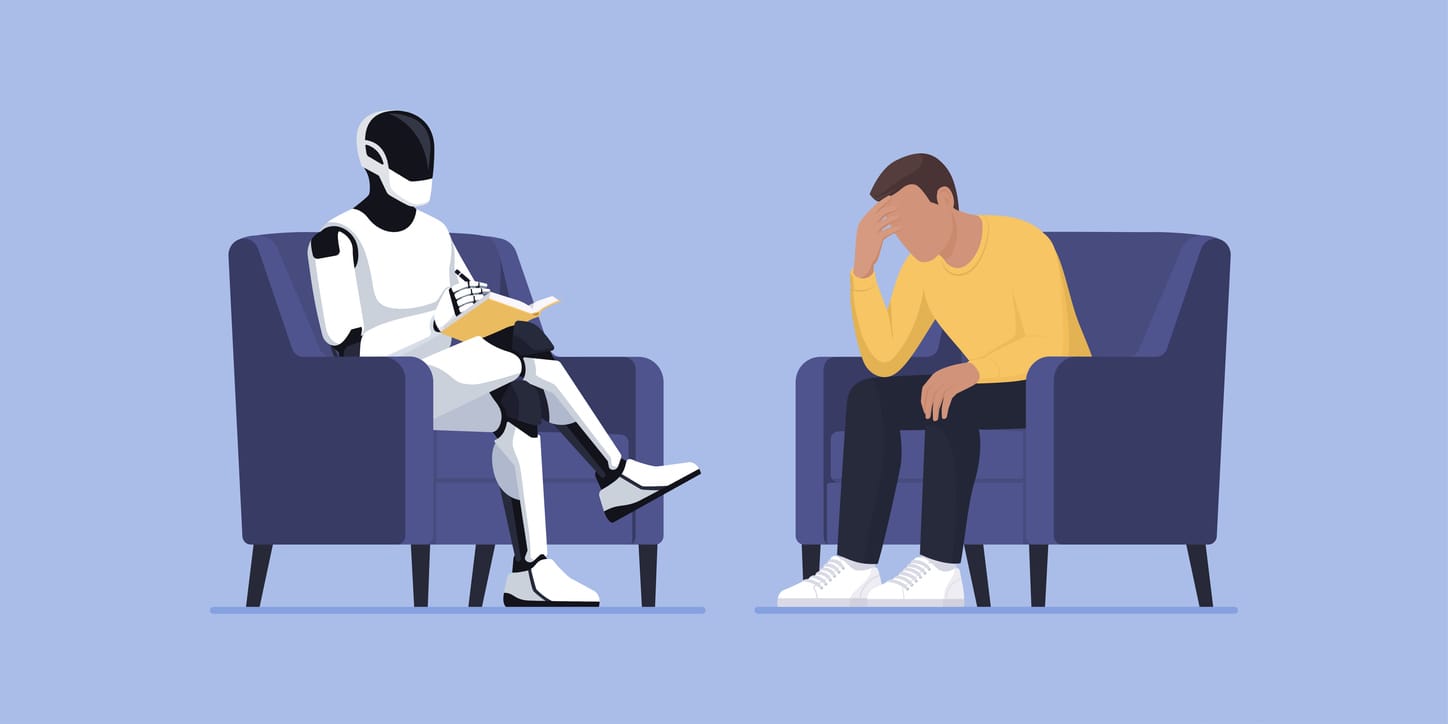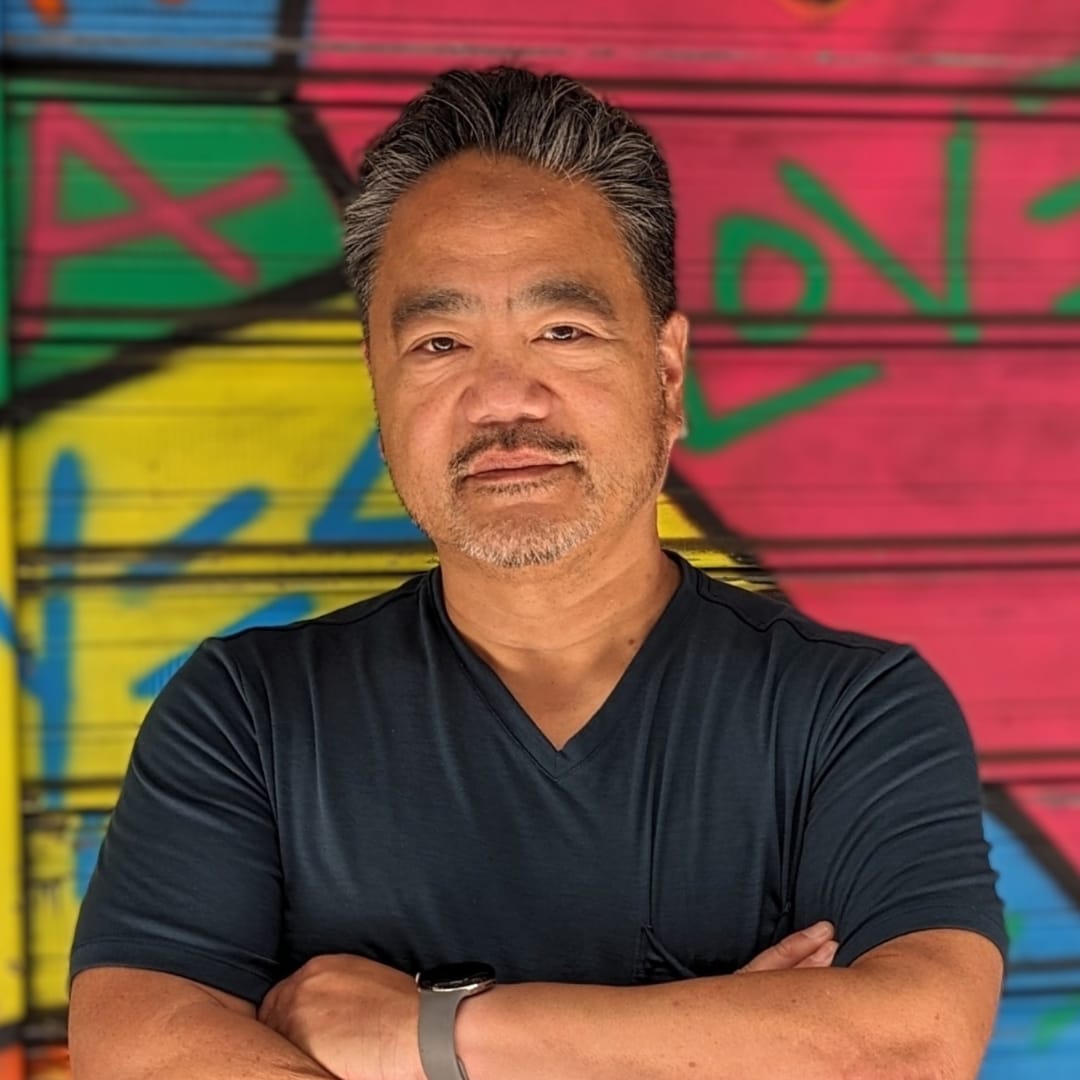Your Friday Five: 09.05.25
It seems that conversations about AI are everywhere. Like any new technology, there is a great deal of debate about how or if it should be further integrated into our lives: professional and personal. There are clear environmental impacts, and questions are being raised about its educational value, its impact on mental health, its place in faith, and more.
Some are refusing to use it (as much as possible in our current internet environment), others are trying to "do no harm," and yet others are falling into the "it is here, let's embrace it as a tool" lane. And still others, like the American Federation of Teachers are going all in despite strong pushback from many in its ranks, National AI training hub for educators to open, funded by OpenAI and Microsoft.

Personally, I am in that space where I try to circumvent AI in my searches (adding sources to searches) and never use it to generate content. That said, I do see how it has been valuable for some of the support/administrative work that had previously taken far too much energy. At the end of the day, I fall into the "don't let Skynet hijack your creativity" camp, but I am keeping my eyes and ears open to what folks are talking about.
Here are a few AI-related reads that have crossed my screen...
ONE || One legitimate way to resist using AI in the classroom is not to use AI in the classroom.
"Why We’re Not Using AI in This Course, Despite Its Obvious Benefits: A reading for your students" (If you only read one of this week's selections, this is the one; a long, but good read.)
Yes, learning how to use AI might be important to your future, but we already know that it seriously disrupts education and learning when used inappropriately, by either the teacher or student. There’s a big difference between learning how to generate credible philosophical content and learning how to think like a philosopher. In one future where AI use is everywhere, it could be enough to generate content without actually understanding it, but in another future, you will still need to know stuff.
Therefore, we need to strike a balance between the two possibilities if we don’t know how the future will play out. This means an open conversation about AI’s pros and cons, since ultimately it will be your decision to use AI in your coursework or not, even when an instructor prohibits it.
Read the full article by Justin Lin.
TWO || The cultural and institutional inertia of education is real.
"Tech in the Classroom: A History of Hype and Hysteria: From calculators to ChatGPT, the introduction of new technology into schools has long inspired frenzied discourse: Will it revolutionize the system or rot kids’ brains? It often does neither."
The cyclical nature of these alarmist reactions “reveals the kind of cognitive biases and psychology” behind fears of change, says Louis Anslow, who heads up the archive. The rejection of new technologies often isn’t based on any particular damning evidence but instead simply taps into parental angst over the uncertainty of the world their kids have inherited.
These overblown reactions also might give tech too much credit and education systems too little. The idea that any one tool has the power to “revolutionize” education systems relies on the premise that these systems are fragile and susceptible to overhaul. In reality, says Anslow, educational institutions are “quite impervious to change,” and new tech ends up “tacked onto the old system.”
Read the full article from Wired.
THREE || Will Black kids learn from the rush to AI?
"Teachers Union’s AI Deal Raises Questions—and Concerns: Tech companies are giving AFT $23 million to train educators in AI tools, but will it help students learn?"
Decades of studies show Black students from underserved communities are more likely to be deprived of what white students in well-off schools benefit from: small class sizes, well-trained teachers, schools with resources, and access to rich educational experiences.
In other words, students at elite college preparatory schools like Boston Latin School or New York City’s Horace Mann School probably won’t be propped in front of an AI chatbot to learn. Nor are they likely to breathe air polluted by AI data centers and server farms in their neighborhood — a scenario, Vilson warns, could be replicated in other communities.
Read the full article from Word in Black.
FOUR || The government lives A.I. unless . . .
"AI is unmasking ICE officers. Can Washington do anything about it?: A new twist in the debate over surveillance tech raises tough questions for policymakers."
An activist has started using artificial intelligence to identify Immigration and Customs Enforcement agents beneath their masks — a use of the technology sparking new political concerns over AI-powered surveillance.
The AI-powered project adds a new twist to the debates over both ICE masking and government surveillance tools, as immigration enforcement becomes more widespread and aggressive.
ICE says its agents need to wear masks to prevent being unfairly harassed for doing their jobs. To their critics, agents in masks have become a potent symbol of unaccountable government force. The masking, and the counter-campaign to identify agents, has prompted a crossfire of bills on Capitol Hill.
Read the full article from Politico.
FIVE || Setting up our young people to succeed 😦
"AI is already cutting jobs — but only one age group is paying the price, Stanford study finds"
A new, first-of-its-kind Stanford University study offers some of the strongest evidence yet that artificial intelligence is reshaping the U.S. job market — and it’s hitting Generation Z the hardest.
The report, “Canaries in the Coal Mine? Six Facts about the Recent Employment Effects of Artificial Intelligence,” published Tuesday, draws on millions of anonymized payroll records from ADP, the nation’s largest payroll processor, spanning late 2022 — when generative AI tools like ChatGPT surged — through mid-2025.
It found that employment for workers ages 22 to 25 in the most AI-exposed jobs, including software development and customer service, has dropped by 13% relative to less-exposed roles.
Read the full article from the SF Chronicle.
Peace,

As a full-time itinerant speaker and writer, I rely on the generosity of friends, family, and strangers to support my work. Your financial gifts help me to engage in projects and actions that would not be possible if I were entirely tied to a congregation or organization. If you find what I share in the world meaningful, please consider becoming a paid subscriber.
There is a sliding scale that begins at $1/month.
From the Camera Roll: The last Friday + Five had us just after our trip to
Universal Studios and motion sickness central, but also during that trip we decided to take advantage of the offspring being in one place so we took some family pictures Filipiniana style. I know I'm biased, but my babies are beautiful.




Photos by Maricel Sison







Member comments